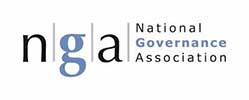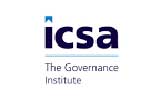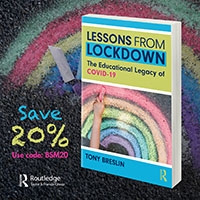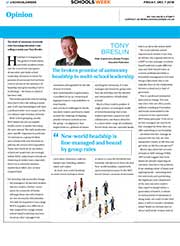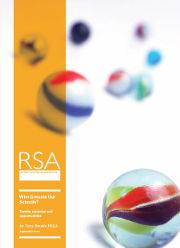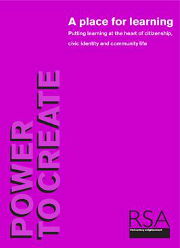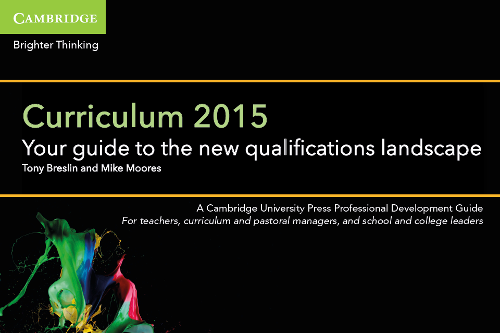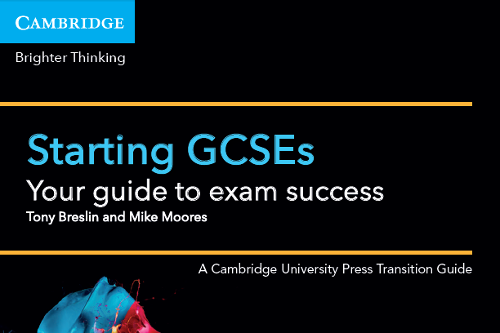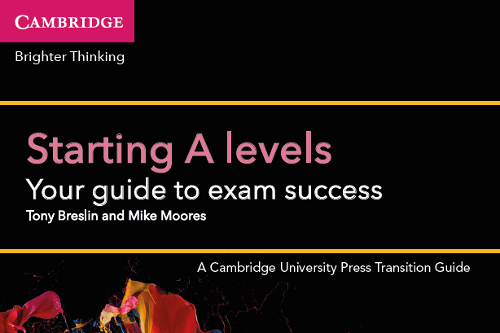












Of 268 executive directorships across the FTSE 100, only 26 (9.7%) are held by women
WISE, 2018

"One of the most common questions I get asked, especially by parents on the gate, is 'What do you do as a (school) governor?'"
Dan Hall
Bushey Primary Education Federation
Transform Governance is a joint venture between Breslin Social Impact and Permuto Consulting


Need consultancy support? We have access to a range of specialists across sectors, across functions, and across the UK and beyond. Contact us to explore possibilities.
COVID-19: Why our schools will never be the same again
Sunday 22nd March 2020

A couple of months in, and COVID-19 is already redefining how and where we work, how we shop, how we interact with each other, and, critically, who we acknowledge as key workers. As such, the virus is not just threatening our physical survival and mental wellbeing, it is drilling deep into the values we hold and how we live our lives.
The impact on the education of our children will be just as profound.
In years to come, the shutdown of education UK-wide on Friday 20th March 2020 won’t simply be seen as a matter of school closures, it’ll will be seen as the closure of a kind of schooling – the beginning of the end of an era.
Bars and restaurants closed later the same day, without even the 48 hours notice afforded to schools, but we are not expecting these social hubs to be radically different when they re-open, or at least when those that survive the economic meltdown do.
With schools, however, this is unlikely to be the case. In this very ‘spur of the moment’ blog, I want to suggest five things that we may find ourselves doing very differently in our schools post COVID-19; there are many others, but here are five to be getting started with:
- The use of technology in education: one, often unnoticed, group of schools is likely to excel during and after the closedown, and they will not necessarily be those who have hitherto been judged ‘Outstanding’, either by the inspectorate, or in their communities. Instead, these will be those schools who have mastered the world of online learning, and in particular socially-connected online learning – those who can still convene groups and facilitate virtual classrooms, those who can host conversations between students, teachers and parents, and those who genuinely ‘get’ the potential and practice of online assessment – all of this technology exists and many of our more successful businesses use it. Beyond COVID-19, its use will become increasingly normalised in our schools. Indeed, in the upper secondary phase and in Further and Higher Education, where childcare is not an issue, this technology might mean that ‘working from home’ will become as common in our learning environments as it is already, and increasingly, in our businesses;
- The culture of tests, tables and targets: nothing is more instructive of the impact of our ‘grades are all that matters’ culture than the reaction of young people to the cancellation of their examinations, and their incredulity at the idea that they may gain grades without having to complete exam papers. Grades are the focus, not the knowledge and skills that they have already mastered through attending classes, reading, research and, of course, inspirational teaching. A generation ago, the cancellation of exams for 16 and 18 year olds might have brought celebrations in the streets. Against this background, COVID-19 provides a classic ‘what matters’ moment. Beyond COVID-19, the ground is likely to be fertile for a much wider discussion about whether a culture of tests, targets and tables should be such a dominant driver of what we do in our schools. At the very least, we should focus hard on what educational targets should focus on, what tests should assess and what tables should record;
- How we do assessment and examinations: the furore over the ‘cancellation’ of SATs, GCSEs and A levels has shone a light on the oddity of fixed assessment points in a ‘just in time’ world. Imagine a world in which we all did our driving test on the same day or a model where only a certain percentage could pass the test, or one where the tabloids through their hands up in horror if the numbers passing moved consistently upward – unthinkable, and yet that’s pretty much the case with public examining in our schooling system. Alongside this, observe the irony of a government that removes coursework, gets rid of modular courses (note the recently departed AS-A2 model at A level), marginalises teacher assessment and derides predicted grades, only to fall back on what remains of this infrastructure to provide this year’s grades. We ought to use this crisis to rethink how we assess children and young people: could the kind of online assessment now used routinely in high-end recruitment (by Ofsted amongst others) be used to assess GCSE and A level on a just-in-time basis, not on a certain day in May or June, but when the learner is ready? And could we find that continuous, teacher-led assessment is not the enemy of standards that it has too often been portrayed (and betrayed) as? It will be fascinating to track the class of 2020 through to graduation and employment and compare them with their predecessors; my guess is that this horribly messed around year group might just come up trumps, but, in the meantime, let’s resist the urge, in the immediate aftermath of COVID-19, to just go back to ‘assessment as normal’;
- Schools as childcare hubs: many of us in education have long been irritated by the notion that we are offering childcare rather than providing education for the children in our classrooms and assembly halls, as we are routinely and typically reminded when snow falls or on staff training days. The truth is that the history of compulsory schooling is wrapped up with industrialisation, and, therefore, the need to both educate and provide care. Fine, but let’s use this crisis to remind ourselves of the social value of schools – as hubs of education, yes, but also as places for children to meet and interact, and as childcare facilities that enable parents to work and society to function. And if we’re going to acknowledge these multiple purposes of schooling, can, beyond COVID-19, we begin to judge school performance (not unreasonable in such an important publicly funded service), across a wider scorecard, one that engages educators in the process, and one that has greater empathy for these educators?
- The status of teachers and all who work in schools: the government’s understandable objective to keep schools open as long as possible because of the multiple impacts of closure (on vulnerable children, on the NHS workforce, and on the many others now newly – and belatedly – acknowledged as key workers), has shone a light on the importance of all who work in our schools: school leaders, teachers, teaching and laboratory assistants, those making and serving school meals, those looking after children during break and mealtimes, site managers and after-school club staff, school bursars and business managers, cleaners and maintenance staff, sports coaches and librarians, specialists from the variety of professions that support those with special educational needs and disabilities, and so on. Many of these committed professionals will continue to work over the weeks ahead and, exceptionally, over the Easter break, so as to support key workers and vulnerable children. Beyond COVID-19, the status of the schools workforce, and host of other key workers, will find its proper place in our hearts and in our minds. Not before time.
Feedback and further suggestions welcome; getting through this crisis will be hard enough, but if we can allow ourselves a little optimism, let’s do some serious thinking about the education system, and the wider society, that we want, and will need, beyond COVID-19, both in the immediate aftermath, and in the longer term. Let’s be creative, let’s be compassionate, and let’s think different!
Tweet Share on Facebook

